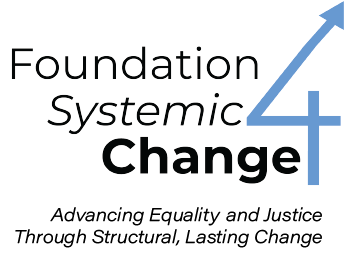FSC is partnering with Memria and its Afghan Voices project to strengthen diasporic civil society by using innovative methods to develop communication channels among now-fragmented communities of Afghans living in refugee camps and communities outside of Afghanistan.
Before the Taliban’s takeover in August 2021, Afghanistan had experienced measurable gains in the expansion of civil society. The gains were modest and incremental, but they represented tangible and symbolic progress and laid the foundation for deepening human rights and democratic governance in Afghanistan over time. With Afghanistan back under Taliban rule, this progress (most significantly for women) is in danger, both inside the country and in the diaspora. The "system" that is broken is civil society, which is disrupted, fragmented, and siloed and risks further deterioration.
Afghan Voices’ theory of change is that by contributing to solidarity, connectedness, and horizontal communication among those in the diaspora, they can contribute to nurturing a strong civil society (in exile) and the democratic norms necessary for open societies. There is no guarantee that there will be an eventual return to Afghanistan. But either way, Afghan Voices is supporting civil society in the diaspora so it can play a constructive role.
Through the power of personal stories and the transformational potential of sharing stories to develop empathy, understanding, and a sense of shared identity among people living in exile, Afghan Voices can contribute to an eventual positive systemic change in Afghanistan ensuring the rights of all Afghans.
At the core of this project is to collect, curate, and share personal stories. Unlike oral histories, which are time-consuming and expensive, Memria and the Afghan Voices seek shorter-form and more digestible stories that focus on shared experience and building communities that are critical to affecting systemic change.

